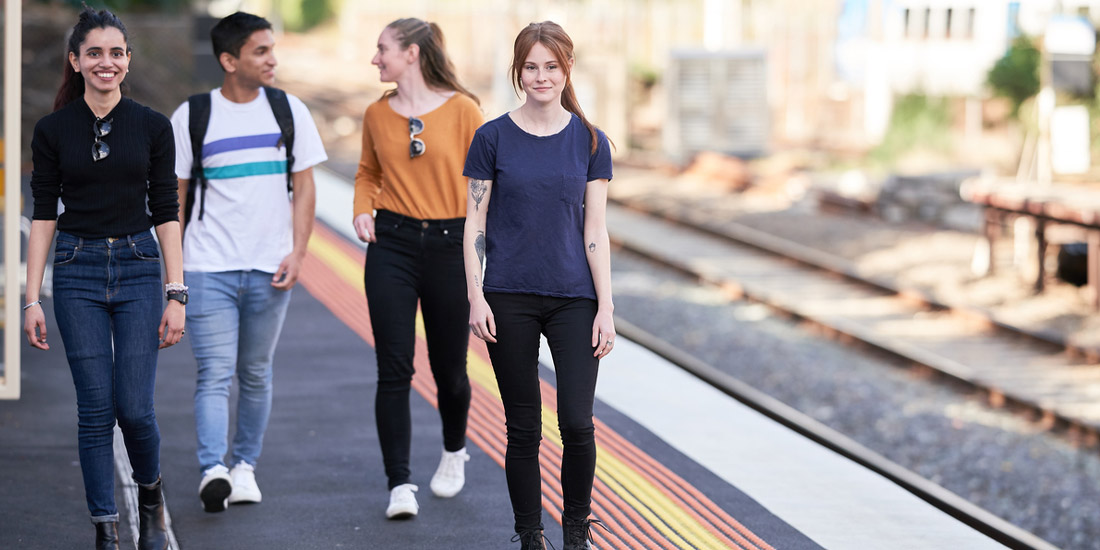
Researchers from Orygen and Neami National have found that young people living in residential mental health services want to feel safe, known and that they belong.
Residential rehabilitation services support young people who are experiencing serious mental ill-health by providing up to 12 months intensive psychosocial support that includes developing independent living skills in areas such as health, work and study.
The study was published in Early Intervention in Psychiatry.
Dr Magenta Simmons, who leads research at Orygen focused on youth involvement, said no research to date had looked at what matters to young people living in residential mental health services.
“Together with Neami staff and residents as co-researchers, the team evaluated Neami’s Victorian-based Youth Residential Rehabilitation Services over a period of two years,” she said.
Key to the evaluation process was the voices of young people with lived experience of attending the service.
“We wanted hear from them about what was working and what wasn’t,” Dr Simmons said.
“But it was very important that we took a respectful and participatory approach in doing so.
“Young people who attend residential mental health services are vulnerable, they can’t live at home and often arrive with complex trauma histories and mental health challenges.
“But they know best how to do meaningful research. You just can’t go into these services expecting young people to instantly feel safe enough to open up and share their knowledge,” Dr Simmons said.
Pip, a young researcher involved in the collaboration said what mattered to the young people who took part in the research, was to be recognised as experts of their lives.
“I have been a consumer of mental health services since I was 13 years old and have often felt stifled, disrespected and judged. Being part of this steering group has helped me realise that both myself, and others, have so much to add and so much value and experience to impart,” she said.
Dr Priscilla Ennals, senior manager research and evaluation at Neami National, said centering the knowledge of young people at all stages of the research was critical.
“Real relationships with staff and other young people, creates a culture of belonging, safety and feeling known. This enables young people to figure out their directions and goals, and learn new skills, as they were become experts of themselves.”
Dr Simmons said “By building long term relationships with young people and having their peers co-design the research, meant they felt safe to discuss what they wanted from their residential mental health service – to feel safe, known and that they belong.
“Residential mental health services can now use this framework to realign their policies and procedures and rethink how they evaluate and measure success within a service, to truly reflect the needs and wants of young people attending them,” she said.
The project team included Alison Asche, Sarah Bendall, Rachael Bride, Kathryn Droppert, Rebecca Egan, Priscilla Ennals, Philippa Hemus, Kate Lessing, Magenta Simmons, Rebecca Spies, Michael Tidhar, Caroline van Dijk, and Tom Wood.